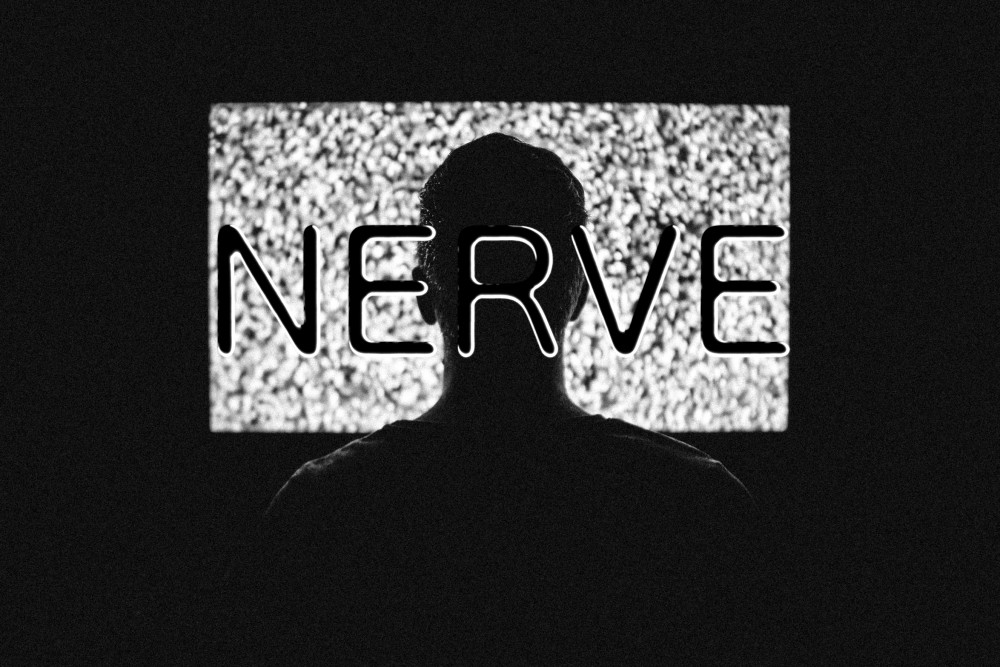John Mercado | Contributor
Featured image: 2016’s Nerve brings together themes of social media, privacy, and society’s obsession with the digital. | Basma Elbahnasawy
Let’s face it, we’re currently living in a technologically advanced and digitally enhanced world. Whether you’re an avid user of various social media applications or a detractor from all things technological, our society has been consumed by smartphones and the social apps that come with them.
When discussing social media, there are always two sides to the equation. In one hand, it can be argued as a beneficial tool that allows individuals to connect with old friends they hardly see. On the other, social media is harmful, allowing for a nasty cyber culture wherein individuals ridicule others with no remorse.
The negative implications of social media are perfectly touched upon in the rather innovative and intriguing Lionsgate film, Nerve, which stars Emma Roberts as Vee and Dave Franco as Ian.
The film follows the shy and introverted Vee, who joins the popular online social game Nerve after being humiliated for being timid and rejected by a boy that she has a crush on. She enlists as a player, which includes the task of having to participate in various dares. The reward for the successful completion of a task is a large sum of money. For her first dare, she encounters fellow player Ian, who soon teams up with her after the “watchers” deem the duo to be a good fit for each other.
However, there are certain parameters that a player must follow, should they participate in this game, or, these “dares.” One is that a player must never inform law enforcement of the activities done on Nerve—otherwise, “snitches get stitches,” as poignantly described in the film.
What’s so interesting about the game is how it manipulates and controls the lives of its players. It reveals an unhealthy obsession with social media and having an online presence, reflecting back to our own reality.
The concept of doing dangerous dares and posting them online to garner mass popularity and earn a monetary reward can be used as an allegory of sorts. It depicts our own desires as humans to fit in, no matter the cost. Often, individuals use social media as a platform to depict a certain version of their lives that seeks to grab the attention of the general public. They paint a false picture of their own reality in an effort to be “somebody” in the eyes of a “nobody.”
In addition, Nerve brings up an issue often synonymous with social media and the online sphere, which is privacy. All Nerve players must give up some sort of personal information in order to continue to play, situating them in a vulnerable position. This introduction to the notion of freedom of accessibility can be dangerous. The “watchers” of the game gain access to a player’s personal life via their online presence. As a result, they can hack into someone’s personal accounts, manipulating and controlling others, which can ruin someone’s life.
The youth of today are digital nomads, able to decide which role we want to take on: a “player” or a “watcher.” When we “play” online, there are no boundaries to how we participate; meanwhile, while we “watch” others on our social medias, we hang on to every word and picture they post. But no matter which role we choose, there will always be repercussions to the people around us. It’s just a matter of whoever has the nerve to stick to their part. So my question is this: are you a player, or a watcher?


